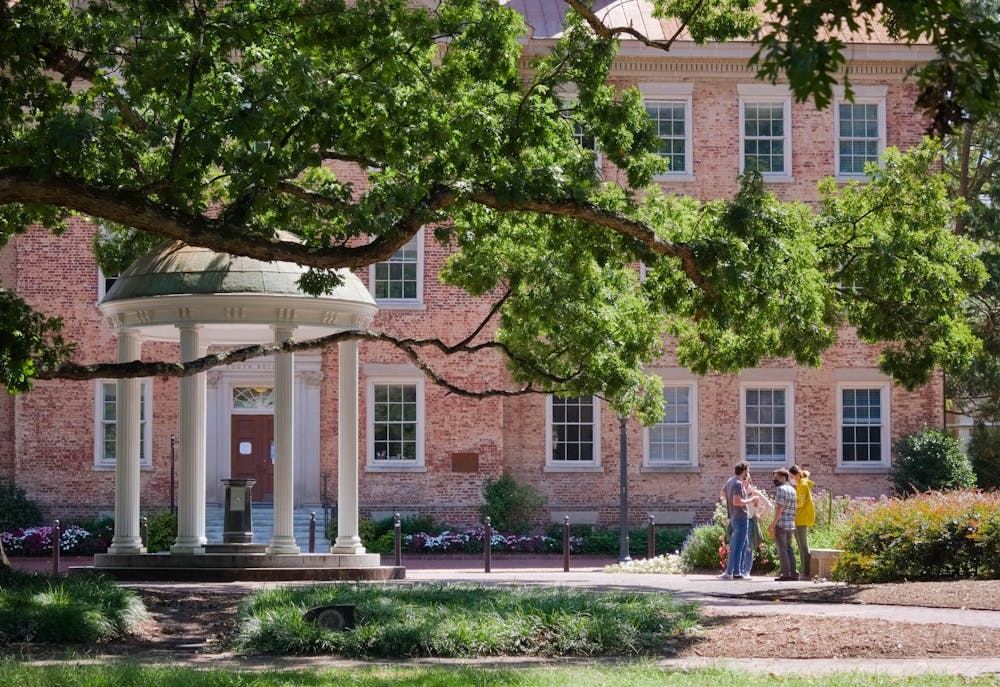A majority of University loans for the 2020-2021 academic year are being converted to grants — meaning students who accepted these loan offers in their financial aid packages will not need to repay them as they usually would.
Rachelle Feldman, associate provost and director of scholarships and student aid, said that since the Office of Scholarships and Student Aid was able to leverage COVID-19 funding to relieve pressure on University grant money, it was able to further assist students in this way.
The grants aim to relieve stress on students but are limited to students who have already received financial aid packages from the University.
“We thought it made a lot of sense to help students relieve their minds a little bit about their future loan debt and really sort of bring down their total overall borrowing,” Feldman said.
To fund the program, Feldman said the office intends to use the federal COVID-19 Economic Relief Bill in addition to working with partners and University development to find private donors. This is also part of an effort called the Carolina Edge, which is aimed at raising $1 billion for student support.
“We’re not at that goal yet, but we have a lot of buy in from the chancellor in the development office that that’s a great goal to keep trying to meet,” Feldman said.
These grants differ from emergency loans — which are interest-free, short-term loans aimed at helping students in need of temporary funds to pay for rent and living expenses, she said. Emergency loans are not approved to pay for University charges, such as tuition, and must be repaid by their due date.
Meeting additional needs created by the pandemic will require roughly double the funding for students that the University received through the Coronavirus Aid, Relief, and Economic Security Act.
Feldman said there are currently no plans for funding or block grants being distributed for the spring semester, as occurred with the coronavirus relief bill during the fall. She said it is unclear when the federal relief bill will be available, but that there is still money for students who request emergency loans.



